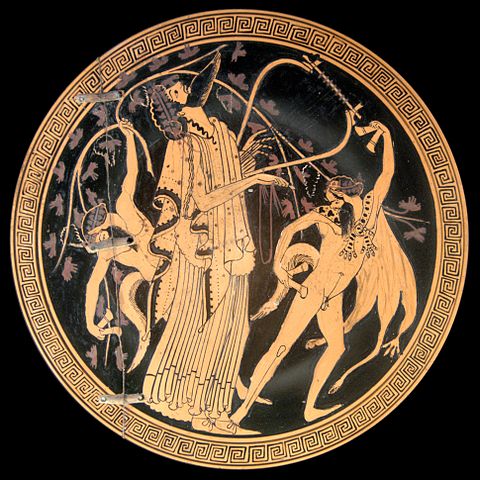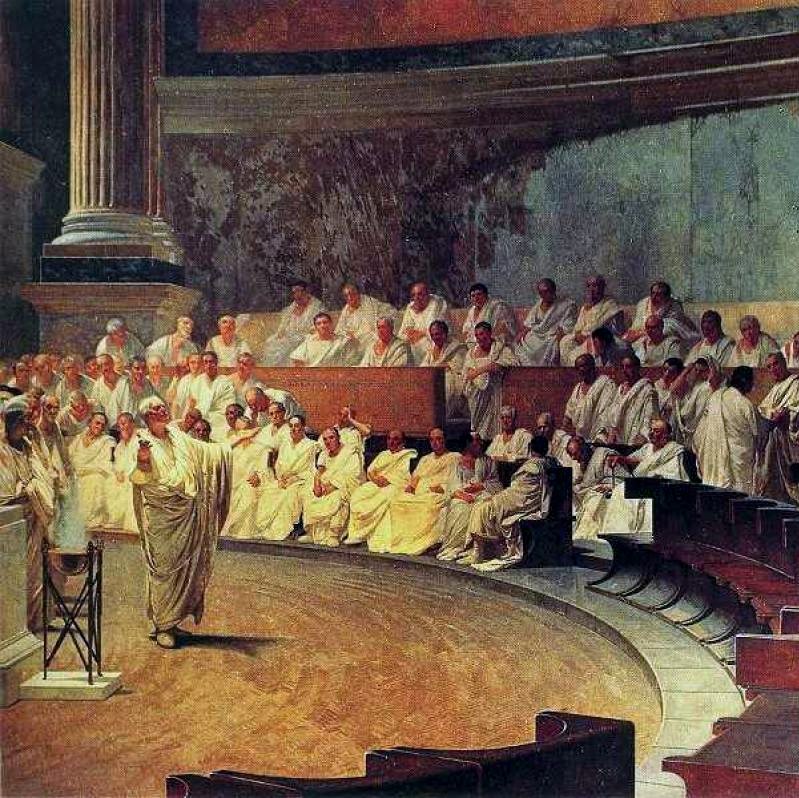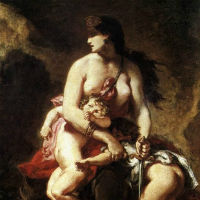Virgil: Aeneid
In this course, Professor Llewelyn Morgan (University of Oxford) explores Virgil's Aeneid. In the first module, we think about the theme of the city in the poem, focusing in particular on the centrality of the city of Carthage, the use of both castra ('camp') and urbs ('city') to describe the Trojan camp in Italy, and the fact that the poem seems as interested in the destruction of cities as it is in their foundation. After that, in the second module, we think about the influence of Homer on the Iliad: why does Virgil draw so much on Homer? and what is the implication of Virgil's opening words – arma virumque cano? In the third module, we think about the importance of metre in the poem, looking at four points in the poem where metre reflects the meaning –– the galloping of hooves, the shapelessness of Polyphemus, the vastness of Latinus' palace, and so on. In the fourth module, we think about allusion in the Aeneid, focusing in particular on how Virgil engages not just with Homer and Apollonius, but also contemporary Roman history. In the fifth module, we consider some of the roles of the gods in the poem, focusing in particular on scenes featuring Hermes and Alecto, as well as the theme of fate in the poem, before moving on in the sixth module to think about the role of women, focusing in particular on Camilla in Book 11.
What this playlist includes:
17 lectures across 3 courses.
All resources designed and delivered by university academics and researchers.
Courses and Lectures
1. Virgil: Aeneid
Prof. Llewelyn Morgan
University of Oxford
University of Oxford
2. Virgil: Aeneid
Prof. Richard Jenkyns
University of Oxford
University of Oxford
2.1. Dido and Aeneas: Who's to Blame? – 09:00
2.2. Augustus and the Aeneid – 09:53
2.3. Aeneas and Heroism – 10:23
2.4. Cities in the Aeneid – 08:53
2.5. Book 6: The Underworld – 08:17
2.6. Books 7-8: The Italians – 08:33
3. Virgil: Aeneid
Prof. Sharon Marshall
Exeter University
Exeter University
3.1. Is the Aeneid a pro- or anti-Augustan poem? – 09:38
3.2. What is the nature of the relationship between ... – 09:57
3.3. How are we to interpret the images on the Shiel... – 10:03
3.4. How important is Aeneas to Rome’s imperial dest... – 10:05
3.5. What is distinctive about Roman epic? – 11:04
What Next?
Check out these other playlists within Classics & Ancient History:



